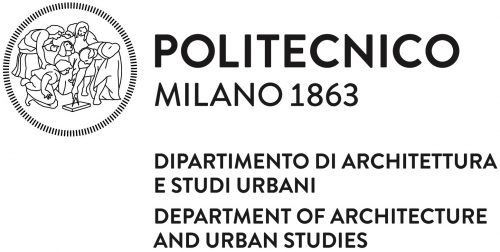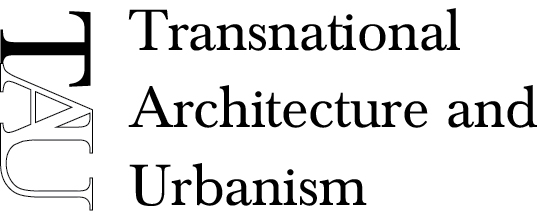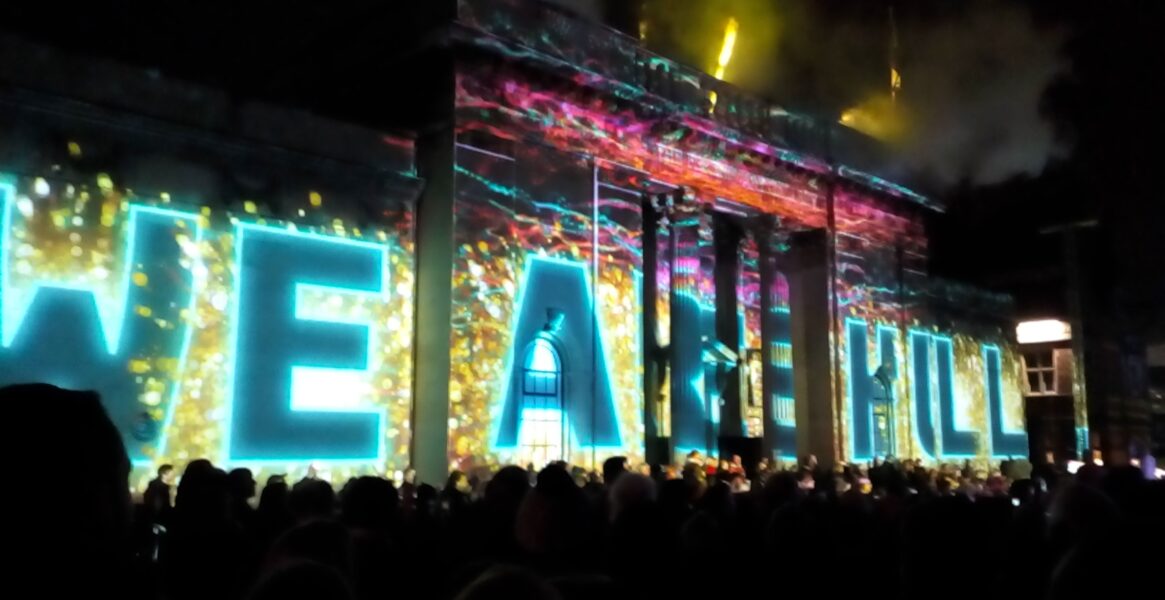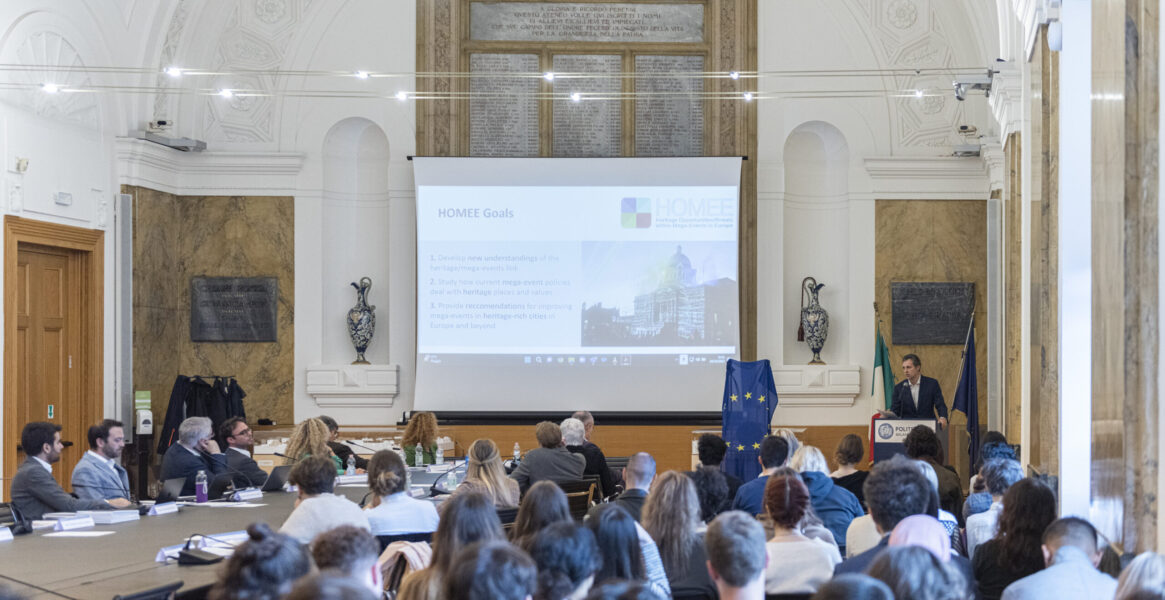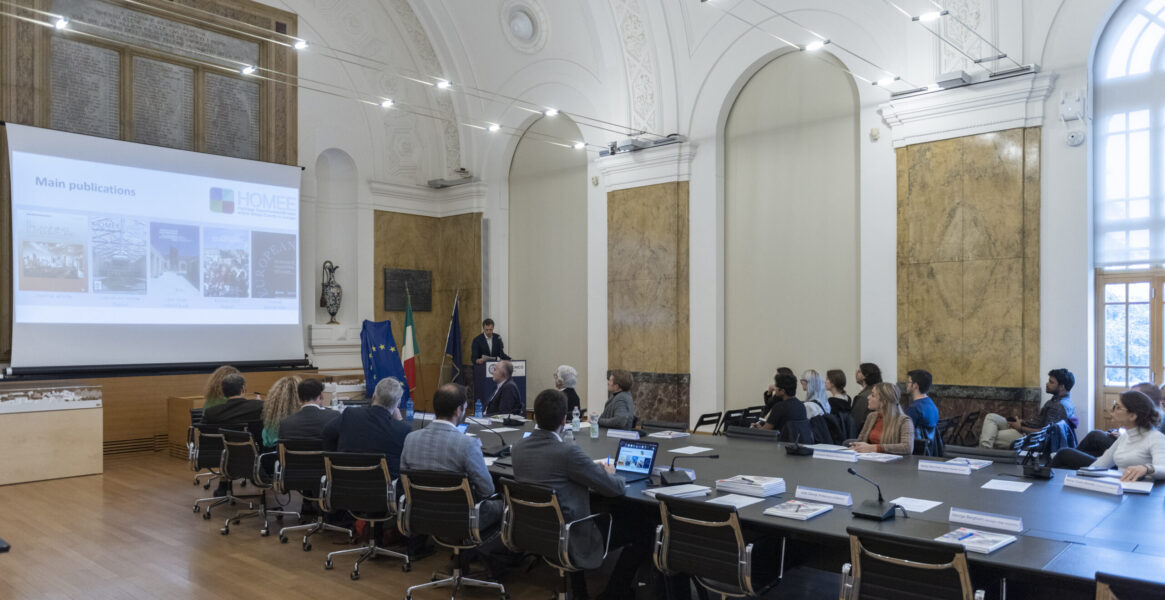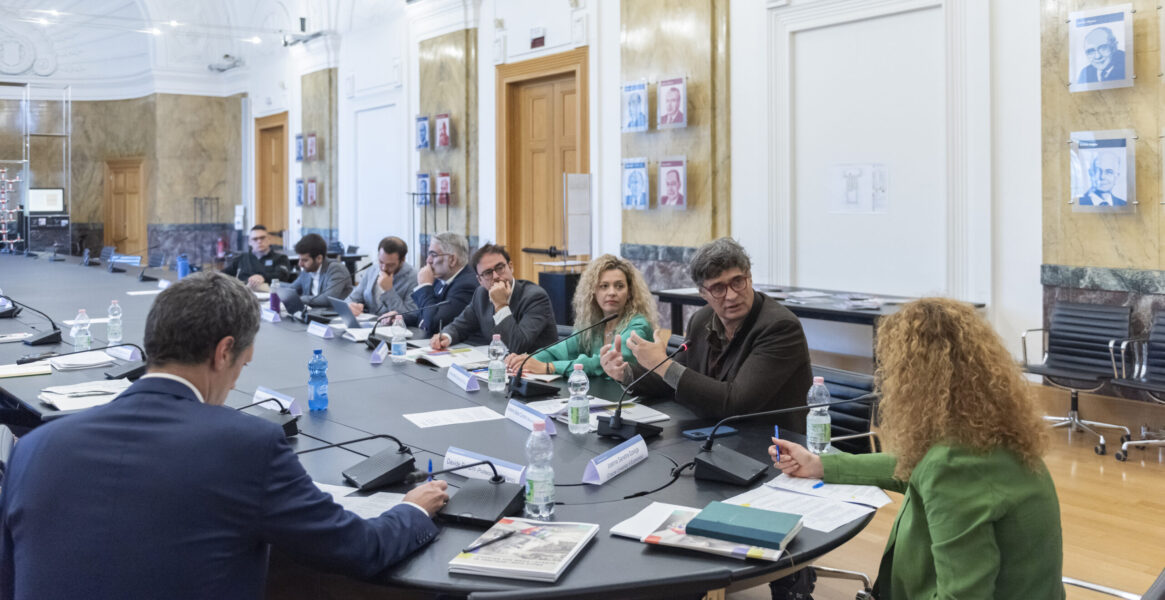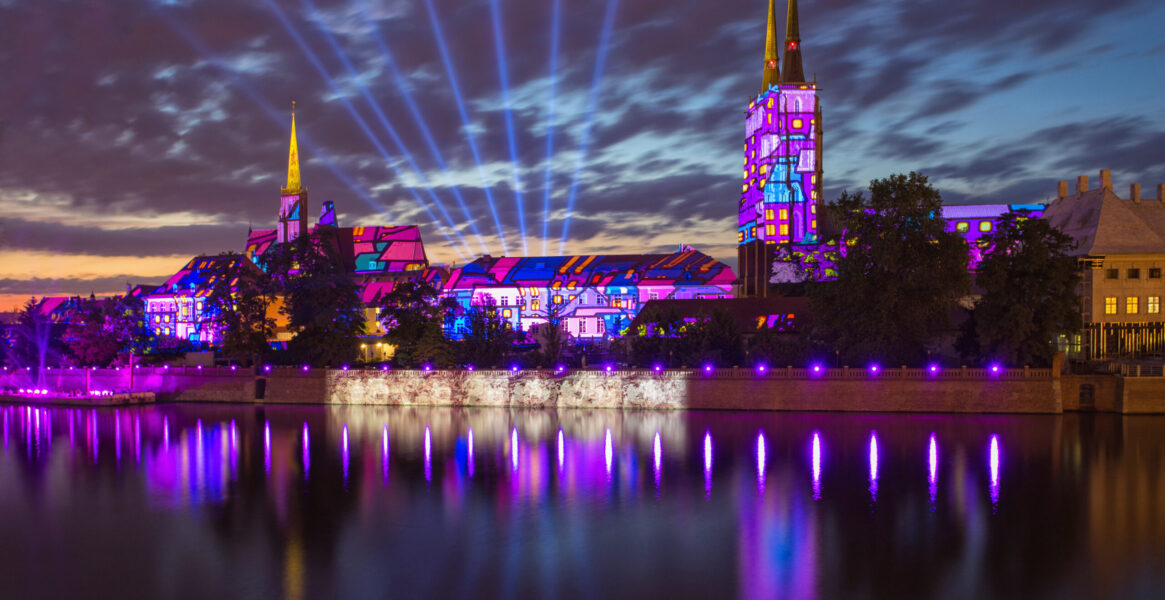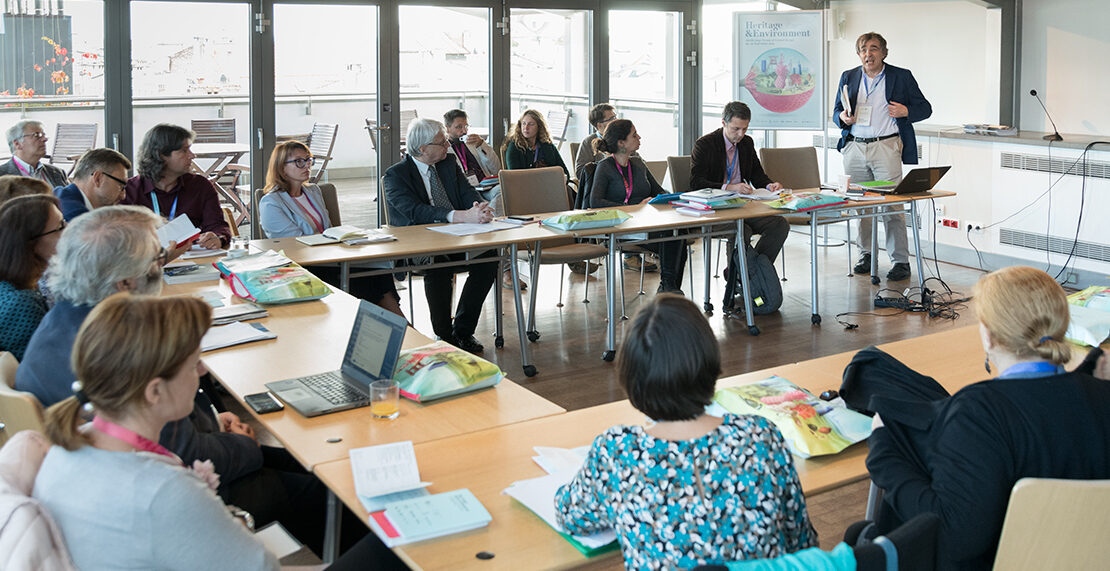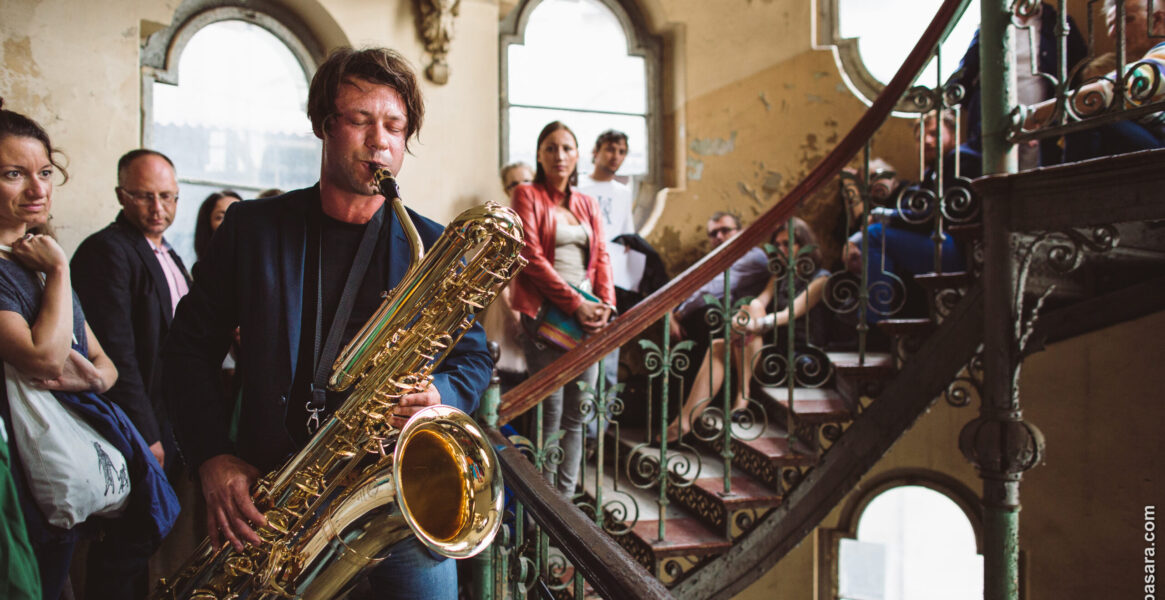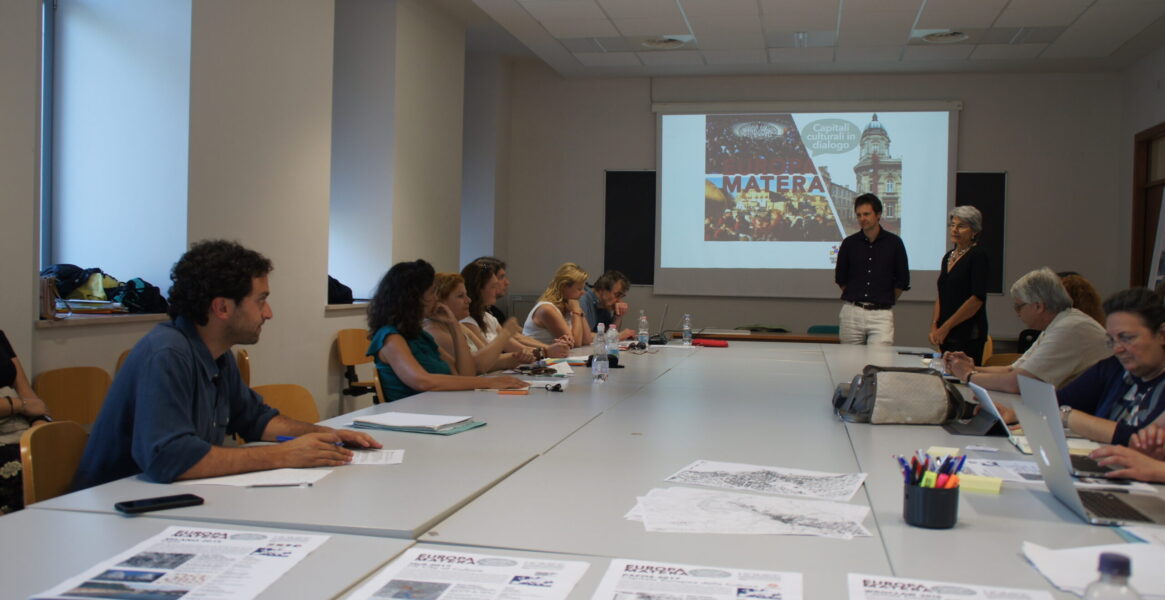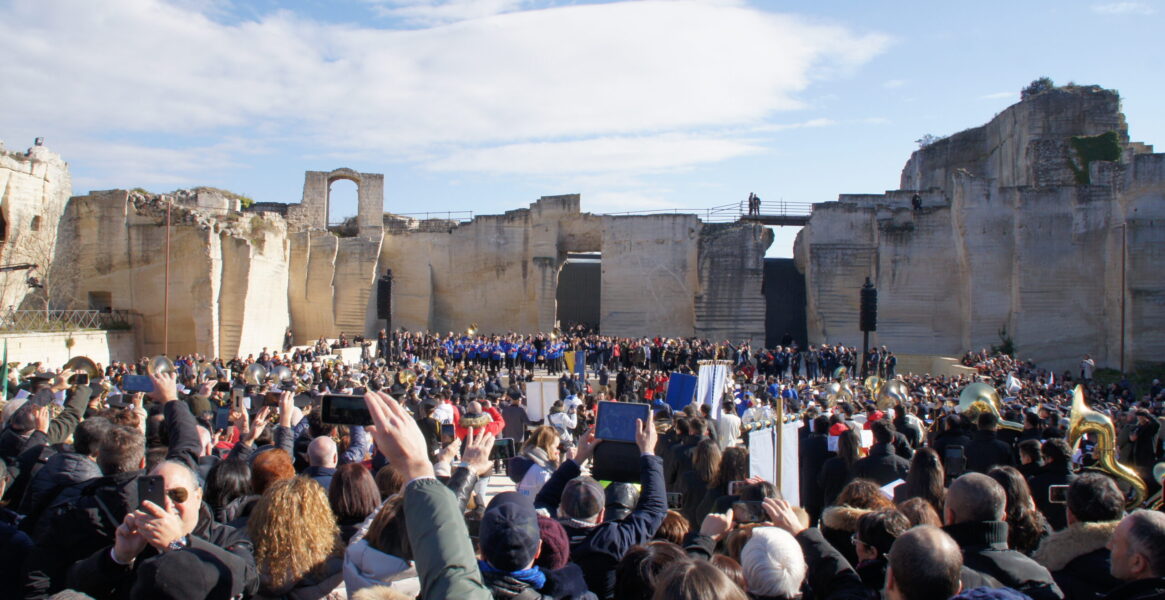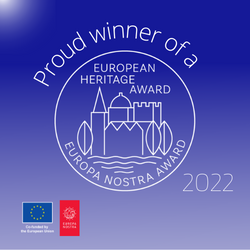Heritage Opportunities/threats within Mega-events in Europe
In the past, many cities used mega-events to support capital and revenue investments and boost tourism while harnessing their competitiveness on a global scale. Until recently, the emphasis has been placed by and large on the creation of new infrastructural components, new stadiums and other public facilities to host events. In many instances today, on the contrary, mega-event organizers have opted for the re-use of existing facilities, the conversion of inner-city areas and the regeneration of neighborhoods. For heritage-rich European cities, this shift in paradigm represents both an opportunity and a threat. The HOMEE project brings together leading research centers working in the fields of cultural heritage preservation and mega-event planning, in close contact with key institutions and policy officers who have already had or will have direct responsibility for planning and implementing mega-events in Europe, from the local to the international level. The project will investigate past events and develop new policy tools for dealing with the emerging opportunities and threats in planning and implementing mega-events in heritage-rich cities.
Researchers
Politecnico di Milano
Davide Ponzini, Zachary M. Jones, Stefano Di Vita, Stefano D’Armento, Alessandro Scandiffio, Francesca Albani, Alessandra Oppio, Andrea Rolando
University of Hull
Franco Bianchini, Enrico Tommarchi, David Atkinson
Neapolis University Pafos
Julia Georgi-Nerantzia Tzortzi, Evanthia Dova, Angeliki Sivitanidou, Natia Anastasi
International Cultural Centre
Jacek Purchla, Joanna Sanetra-Szeliga, Piotr Knaś, Anna Kozioł , Adam Dąbrowski
Introducing the Charter for Mega-events in Europe
Introducing HOMEE
Year 1 Activities and Results
In March/April 2019 the project promoted the international seminar series “Cultural Mega-events and Urban Heritage: Threats and Opportunities for European Cities” at Politecnico di Milano. Full program available here
In June 2019, thanks to the collaboration with the University of Basilicata at Matera and with the ISCR/MiBACT, the research partners completed the “Europa\Matera: Capitali culturali in dialogo” workshops with local experts and policy makers during the year of celebration of the Matera Basilicata 2019 European Capital of Culture. See the program here.
In September 2019, the HOMEE researchers presented the first-year outcomes and engaged with Polish Associate Partners and policy makers at the 5th Heritage Forum of Central Europe. See more here. In particular, this event served as the occasion to launch the first research outputs:
– Literature Review of Mega-events Addressing Cultural Heritage Issues (download here)
– National Case Studies: Report Briefs (download here).
Year 2 Activities and Results
In October 2019, at the start of the second year, the HOMEE research project and first-year outputs were presented at the ENCATC Annual Congress in Dijon in the poster session (download here).
In November 2019, the HOMEE Project was presented at the UNEeCC Conference on Cultural Resilience: physical artifacts, intangible attributes, natural risks (download the paper here).
In December 2019, the HOMEE Project contributed a video clip (dowload here) describing the project and outputs to the JHEP2 Final Conference in Rome 11th December 2019.
In March 2020, the HOMEE Project published part of its findings in the edited volume:
– Mega-events and heritage: The experience of five European cities (download here).
On April 3, 2020 the HOMEE Project held the “Mega-events in Heritage-rich Cities” online workshop (initially intended to take place in Pafos, Cyprus, it has been reprogrammed to take place virtually due to the Covid-19 pandemic). This one-day workshop engaged about twenty experts and policy makers from across Europe (representing also the Associate Partners of the HOMEE project) in a discussion regarding the issues of governance, planning, urban effects and long-term legacy of mega-events. It was the first step in drafting a “Charter for Mega-events in Heritage-rich Cities”. Sneska Quaedvlieg-Mihailovic (Secretary General of Europa Nostra) gave the keynote speech “Mega-events in Heritage-rich Cities: A Challenge for Europe”
In April/May 2020 the HOMEE Project promoted the international seminar series “Mega-events and the City: Reflections and Lessons from the Expo, Olympics and European Capital of Culture” in cooperation with Urban@it, with the support from DAStU Politecnico di Milano, Urban Center of the City of Milan, and Triennale Milano. The video of all the speeches are available here. Full program available here.
The June 2020 issue of the ENCATC Magazine features one article regarding the HOMEE project and the launch of the charter for mega-events in heritage-rich cities. Download the magazine issue here.
In September 2020, the chapter titled “Umbrellas, Incubators, Mothers, and Killers: Four Types of Relationship Between Cultural Mega-Events and Small and Micro Events in Heritage-Rich European Cities” by Zachary Jones and Davide Ponzini was published in the book Planning and Managing Smaller Events: Downsizing the Urban Spectacle, edited by Stefano Di Vita and Mark Wilson.
Year 3 Activities and Results
On November 13, 2020 the HOMEE Project held the “Emerging challenges for mega-events in Heritage-rich Cities during the COVID-19 era” workshop (both in Pafos, Cyprus, and online). This workshop extended the discussion regarding the draft “Charter for Mega-events in Heritage-rich Cities”, including the heritage and mega-event issues that emerged during the 2020 pandemic. Androula Vassiliou (Former European Commissioner for Education, Culture, Multilingualism and Youth and current Vice President of Europa Nostra) gave the welcoming remarks (click here to watch).
In early 2021, the HOMEE Project published its findings from a more than one-year concurrent study of the 2019 Matera-Basilicata European Capital of Culture in the Urban heritage and mega-events: The case of Matera-Basilicata 2019 European Capital of Culture Report. As with the previous case studies developed during the project, a number of primary and secondary sources were utilized. Extensive fieldwork proved to be indispensable for approaching such a complex environment and avoiding typical simplification with the earliest visits taking place at the end of 2018 and continuing throughout 2019.
Zachary Jones contributed with a presentation regarding the HOMEE project to the 2021 “Megaevent2020 : City, Events, Mega-events and Tourism” conference of the Observatory of Research on Mega-Events (ORME) at the University Gustave Eiffel in May 2021.
In June 2021, the Charter for Mega-events in Heritage-rich Cities was published online (e-version) and endorsed by several actors, institutions and organizations.
On July 8, 2021, the “Mega-events in heritage-rich cities: From research to principles and policy recommendations” online conference launched the Charter for Mega-events in Heritage-rich Cities. Among the international experts and policy-makers who contributed to the event: Ana Kočegarova (Head of Programme of the Kaunas 2022 ECoC); Maria Gravari-Barbas (Professor, Paris 1 Sorbonne Sorbonne University; Director of the “Tourism, Culture, Development” UNESCO Chair); Pascal Liévaux (Chair of the EU Joint Programming Initiatives on Cultural Heritage); Chryssa Martini (Eleusis 2023 ECoC); Marco Edoardo Minoja (Cultural Director, City of Milan); Jordi Pascual (Coordinator of the Secretariat of the Committee on Culture of United Cities and Local Governments); Robert Piaskowski (Plenipotentiary of the Mayor of Krakow for Culture, on behalf of the Organization of World Heritage Cities). Sneška Quaedvlieg-Mihailović (Secretary General, Europa Nostra). The video recording of the sessions are now available online. See the morning session HERE, and the afternoon session HERE.
In August 2021, the European Planning Studies journal published the online version of the 9 articles included in the “Cultural Mega-events and Heritage: Challenges for European Cities” special issue. The latter was edited by Davide Ponzini (click here to see the introduction) and included several case studies and findings of the HOMEE Research Project.
In September 2021, the Events through the Covid-19 Pandemic: Evidence from Europe was completed and published online (click here to download the report).
On September 6, 2021, the AG Cult press agency published the online article “La ‘Charter for mega-events in heritage-rich cities:’ dalla ricerca alle raccomandazioni di policy” by Davide Ponzini, regarding the Charter’s research background and policy implications.
On September 14, 2021, the HOMEE research project and the Charter for Mega-events in Heritage-rich Cities were presented and discussed at the Milan Urban Center during the “Mega-events and the City: Ricerca e discussione pubblica verso le Olimpiadi Invernali 2026” event at the Triennale Milano. Experts and public administrators joined the public debate. The event was sponsored by the City of Milan and Triennale Milano. The contribution “Beyond the mega-event: New (?) heritage paradigm for the Olympic games” by Maria Gravari-Barbas (Université Paris Panthéon-Sorbonne) is now available online (click here to watch).
On September 25, the 2021 ArtLab hosted the Italian launch of the Charter for Mega-events in Heritage-rich Cities in Bergamo and online. Experts and politicians discussed the relevance of the Charter for the Italian context. Click here to watch the recording of the event.
On September 28, 2021, the International Cultural Center hosted the Polish launch of the Charter for Mega-events in Heritage-rich Cities in a dedicated event. The Polish translation of the Chrter is now published online (click here to download the Charter in Polish).
Project Legacy
In October 2021, the Italian National Association of Cities (Associazione Nazionale Comuni Italiani – ANCI), an organization that represents over 7,000 City governments in Italy, endorsed the Charter for Mega-events in Heritage-rich Cities. Click here to see the news. On November 11, 2021, about 100 among Italian mayors, deputy mayors, and city council members received a copy of the Charter for Mega-events in Heritage-rich Cities during an event organized by the ANCI in Parma.
On November 19, 2021, the “Carta per i grandi eventi nelle città ricche di patrimonio culturale: Dagli eventi culturali alle Olimpiadi Invernali 2026 ” event was held as part of the UrbanPromo annual conference in Milan. Click here to see the program. The website of the main Italian financial newspaper, Sole24Ore, reported the event, click here to read the news. A detailed report of the event can be found in the dedicated post of the www.thebrief.city website (click here).
In early 2022 the official dossier for the planning of the 2023 Italian Capital of Culture of Bergamo and Brescia was published and reported extensive reference to the Charter for Mega-events in Heritage-rich Cities and its principles.
Dr. Joanna Sanetra-Szeliga presented the Charter for Mega-events in Heritage-rich Cities poster during the World Urban Forum of 26–30 June 2022 in Katowice, Poland.
The HOMEE Research Project was named by the European Commission and Europa Nostra as one of the recepients of the European Heritage Awards / Europa Nostra Awads in the Research category. Find more information here about the prize and click here for a dedicated video interviewing several of the HOMEEs discussing the experience of carrying out the research and the significance of the outputs. The Awards Ceremony was held in Prague from September 25-26, 2022. The in-situ ceremony was held on October 24 at Politecnico di Milano as part of the “Mega-events in Heritage-rich Cities: Principles and Recommendations in Europe” event. Find the programme here and the full video recording of the event here.
At the end of 2022, the Ministry of Culture and National Heritage included the Charter for Maga-events in Heritage-rich Cities in the information package for the ECOC 2029 candidate cities. Click here for further information (in Polish).
On January 23, the Krakow Heritage Hub posted one Conversation video dedicated to the HOMEE project. Watch the video.
Project Leader: Davide Ponzini (Politecnico di Milano); Research Partners: Franco Bianchini (University of Hull), Julia Georgi (Neapolis University Pafos), Jacek Purchla (International Cultural Center)
The research project HOMEE is funded under the European call “JPICH Heritage in Changing Environments”
[photograph in this page by Anthony Delanoix]
